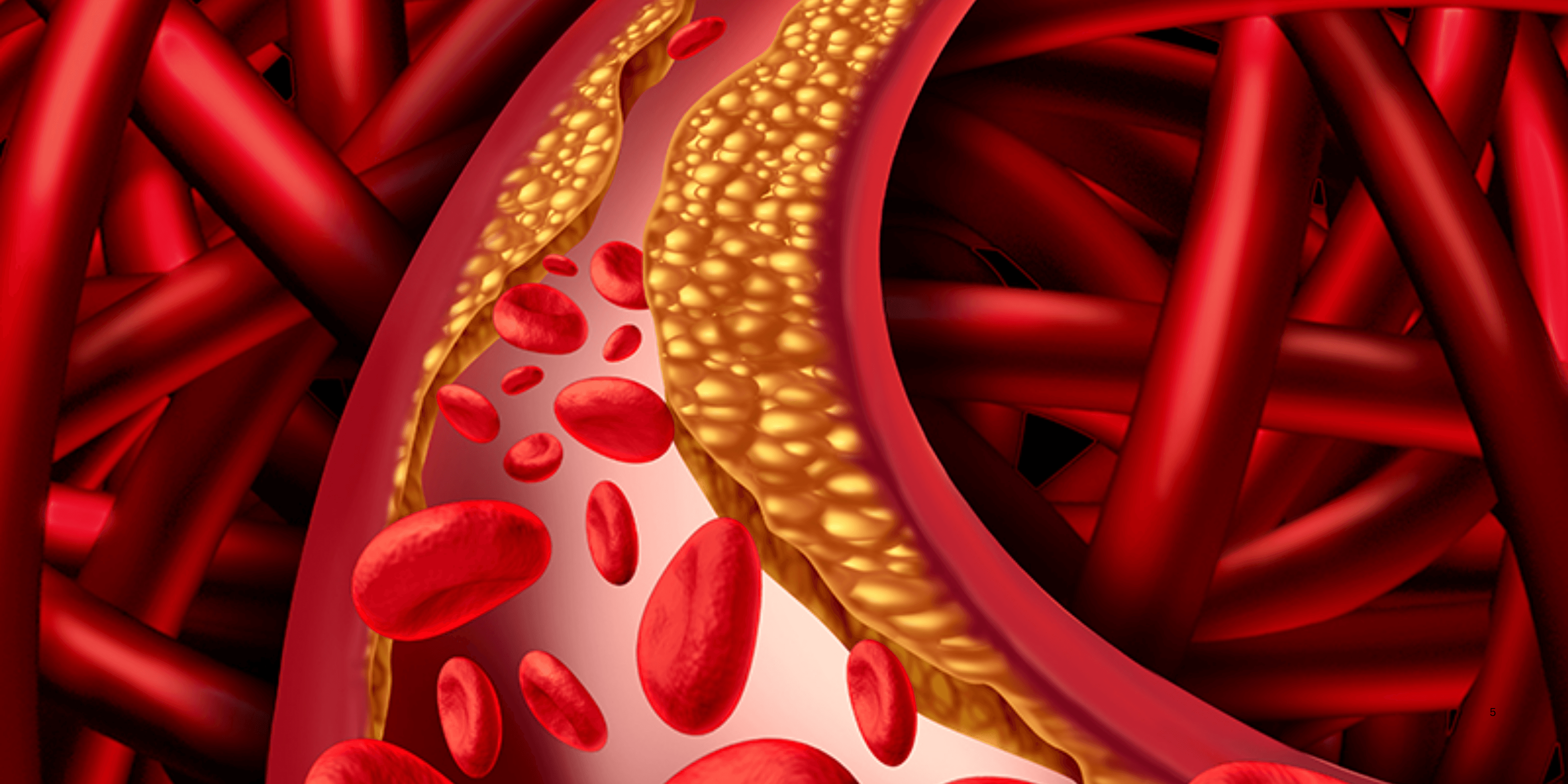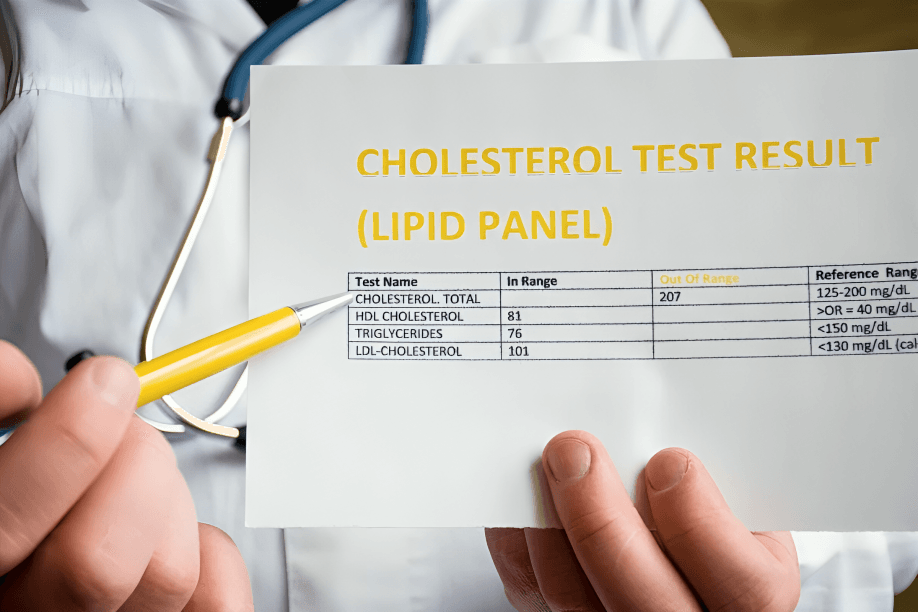
“
Learning how to prevent artery blockages is vital for maintaining heart health, improving circulation, and reducing the risk of serious cardiovascular events. This guide provides reliable, fact‑based insights—including contributions from medical and philosophical perspectives—to help you understand and adopt effective lifestyle measures every day.1
1
”
Dr. Paul Dudley White, a pioneering cardiologist, stressed that early lifestyle changes—like healthy eating and regular exercise—are more effective for maintaining arterial health than treating disease later.1
A balanced diet of whole grains, colorful vegetables, lean proteins, and healthy fats lowers harmful cholesterol while providing nutrients that protect blood vessel linings from inflammation. 2

Engaging in at least 30 minutes of moderate aerobic exercise five days a week improves circulation, strengthens the heart muscle, and helps maintain flexible, healthy arteries over time.
Chronic stress triggers harmful hormonal surges that raise blood pressure and damage arteries, making stress management through relaxation techniques and mindfulness an essential protective practice. 3
Cigarette smoking accelerates plaque formation, stiffens artery walls, and lowers oxygen delivery to tissues, so quitting smoking is one of the most powerful preventive measures available. 4
Maintaining a healthy body weight lessens the strain on the heart and lowers the risk of developing diabetes, hypertension, and other conditions that contribute to arterial blockages. 5
Controlling blood sugar levels is critical for people with diabetes, as prolonged high glucose can injure vessel linings, encouraging plaque buildup and narrowing blood flow pathways. 6
Omega‑3 fatty acids found in fatty fish, flaxseeds, and walnuts help reduce triglycerides and decrease arterial inflammation, supporting smoother, more resilient blood flow. 7
High sodium consumption can elevate blood pressure and strain blood vessels, so moderating salt intake is key to protecting long-term cardiovascular function. 8

Staying well-hydrated by drinking enough water throughout the day supports smoother blood circulation and helps prevent clot formation.
Foods high in soluble fiber, such as oats, beans, and fruits, bind with cholesterol in the digestive system, lowering levels that would otherwise contribute to arterial narrowing. 9
Alcohol should be consumed in moderation because excessive drinking can raise blood pressure and harm liver function, indirectly increasing the risk of vascular damage. 10
Strength training two or three times a week helps build lean muscle, improve metabolism, and enhance insulin sensitivity, all of which support better vascular health. 11
Long periods of inactivity slow circulation and increase clotting risks, so breaking up sitting time with short walks or stretching promotes better vascular health. 12
Antioxidant-rich foods like berries, leafy greens, and nuts combat oxidative stress, a damaging process that weakens arterial walls and speeds up plaque development. 13

Regular cholesterol screenings and lipid profile tests identify problems early, allowing timely adjustments in diet, lifestyle, or medications to keep arteries clear.
Deep-breathing practices, yoga, and meditation lower sympathetic nervous system activity, reducing blood pressure and improving overall cardiovascular resilience. 14
Practicing portion control and mindful eating prevents overeating and excessive weight gain, indirectly helping maintain balanced cholesterol and blood sugar levels. 15
Routine check-ups with a physician ensure early detection of risk factors like hypertension or prediabetes before they cause permanent vascular damage. 16
Long-term healthy habits—not quick fixes—offer the best protection for arterial health, maintaining steady blood flow and lowering the risk of future complications.17


